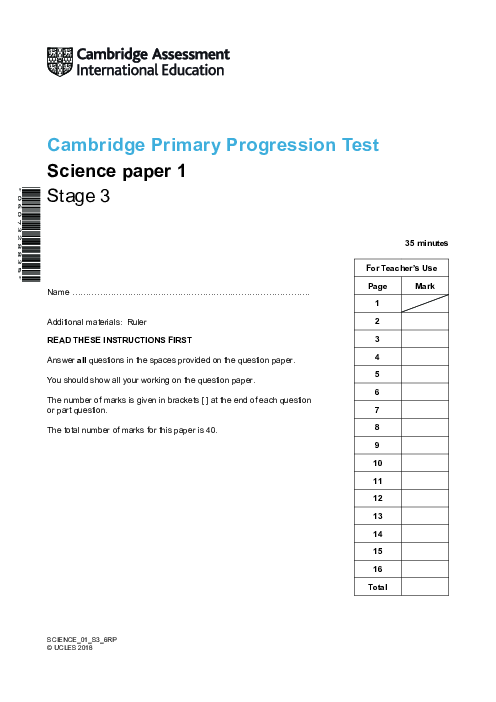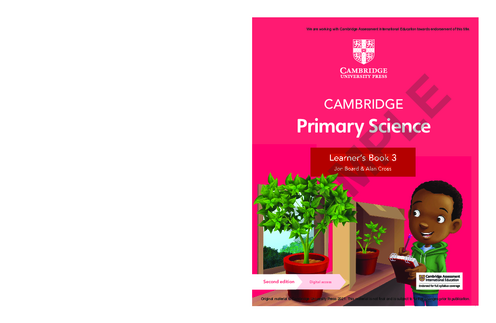This question emphasizes the role of our senses in exploring and appreciating the natural world and their significance in scientific observation.
How do we use our senses to explore and appreciate the natural world, and why is nature observation important for science?
پاسخ ها: {{ repliesNum }}
پاسخ انتخاب شده
در پاسخ به: {{ reply.reply_to.name }}
در پاسخ به
این پیام حذف شده است.










